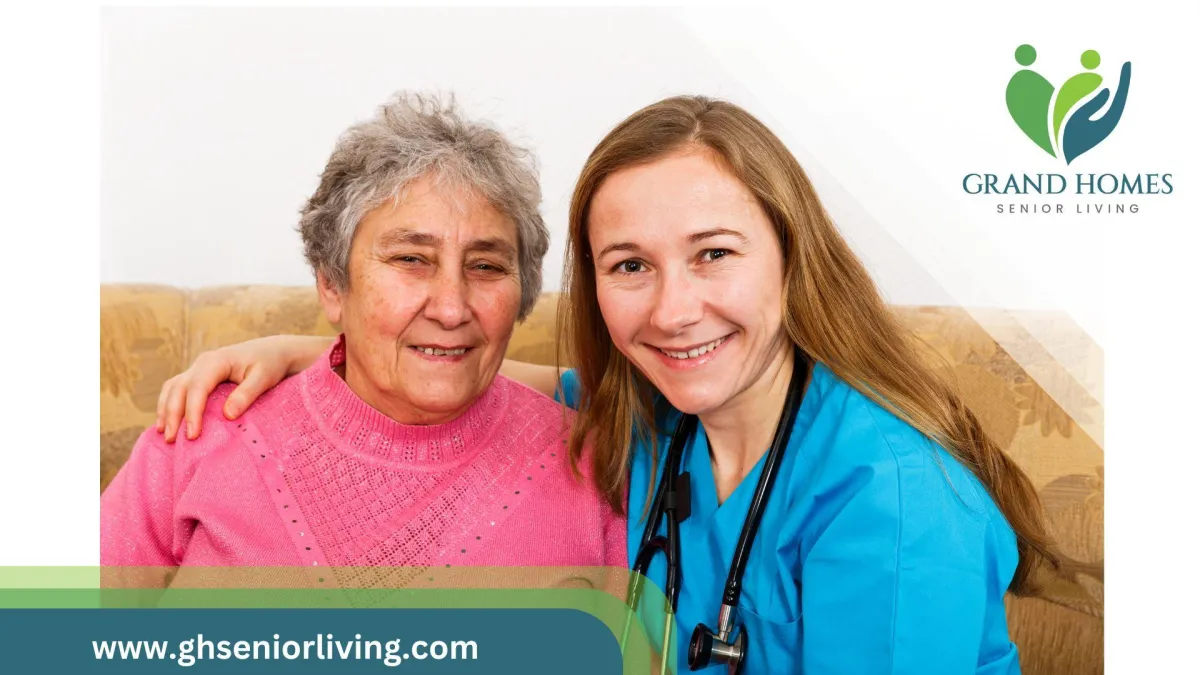
Caregivers and Personal Care Aides: Key Differences
What is the difference between a caregiver and a personal care aide?
What is the difference between a caregiver and a personal care aide? This is a common question for families seeking help for loved ones. Understanding the distinction between these roles is key to choosing the right type of care. In this blog, we’ll break down their responsibilities, training, and how they support individuals in need.
Key Role Differences Between Caregivers and Personal Care Aides
While both caregivers and personal care aides (PCAs) help people with daily tasks, the difference between a caregiver and a personal care aide lies in the level of care, training, and duties they provide.
Caregivers: A Broad Support Role
Caregivers often assist with:
Daily living tasks (bathing, dressing, grooming)
Meal preparation and feeding
Light housekeeping
Medication reminders
Transportation
Emotional support and companionship
Caregivers may work independently or through agencies. They don’t always require formal certification, but experience and compassion are essential.
Personal Care Aides: Focused on Physical Needs
Personal care aides typically:
Help clients with physical tasks like toileting and mobility
Follow care plans created by nurses or family members
Report changes in the client’s condition
Work under licensed supervision (in many cases)
PCAs may receive basic training or certification, especially if employed by Medicaid-funded programs or home health agencies.
Training and Certification Requirements
What is the difference between a caregiver and a personal care aide when it comes to training? The answer depends on the setting and state regulations.
Caregivers may or may not have formal training. Families often choose them based on personality and trust rather than credentials. Some agencies offer short courses to prepare caregivers for home settings.
Personal Care Aides often complete a state-approved training program. Some must pass a competency exam, especially if they work in licensed facilities or home care agencies.
In regulated environments, PCAs may have clearer standards to meet compared to general caregivers.
Level of Medical and Personal Support
When asking, “What is the difference between a caregiver and a personal care aide?” consider how much medical help is needed.
Caregivers focus on companionship and basic support. They usually avoid medical tasks.
Personal Care Aides can assist with physical therapy exercises, track symptoms, and monitor health changes under professional guidance.
In some states, PCAs may also help administer certain medications with training.
Choosing the Right Care for Your Loved One
The real difference comes down to your specific needs. A caregiver might be best for companionship and flexible support. A personal care aide is ideal if more hands-on, physical help is required.
Finding the Right Home Support Option
Choosing between a caregiver and a personal care aide can directly impact your loved one’s safety, comfort, and happiness. The right match isn’t just about skills—it’s about compassion, connection, and trust.
Here’s what to look for:
Proven experience with similar needs or conditions
Proper certifications and training (especially for PCAs)
Verified references and background checks
A warm, compatible personality your loved one feels safe with
Let Grand Homes Senior Living help you make the best choice.
Visit ghseniorliving.com today to explore personalized care options, meet our trusted team, and schedule a consultation that puts your family’s needs first.
Frequently Asked Questions (FAQ)
What tasks can a caregiver do that a personal care aide cannot?
Caregivers may offer more flexible or emotional support, like companionship and errands, while PCAs stick to a care plan and physical tasks.
Is a caregiver more qualified than a personal care aide?
Not necessarily. PCAs usually have more formal training. Caregivers may rely more on experience and natural empathy.
Can one person be both a caregiver and a personal care aide?
Yes. Some professionals serve in both roles depending on training, employer requirements, and client needs.
Are personal care aides covered by insurance or Medicaid?
In many cases, yes. Medicaid and some insurance plans cover PCA services, especially if provided through certified agencies.
How do I know which care type is right for my family?
Consider the level of help needed. Light assistance and companionship? Choose a caregiver. More structured, physical support? Go with a PCA.
Key Takeaways
What is the difference between a caregiver and a personal care aide? It’s mainly the level of training and duties.
Caregivers offer emotional support and basic help with daily life.
Personal care aides are trained to assist with physical care and follow care plans.
State regulations may affect job duties and certifications.
Choosing the right type of care depends on your loved one’s specific needs.
